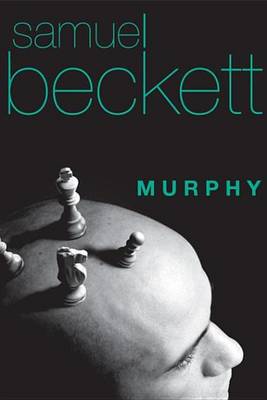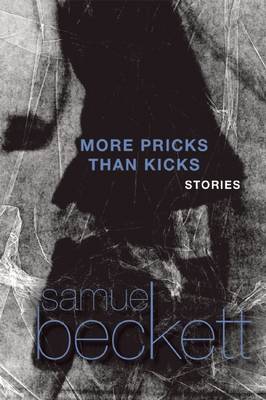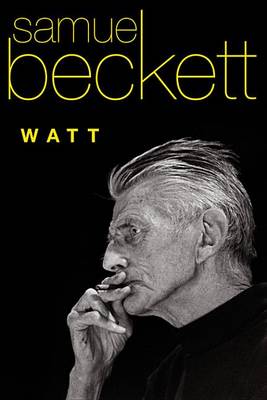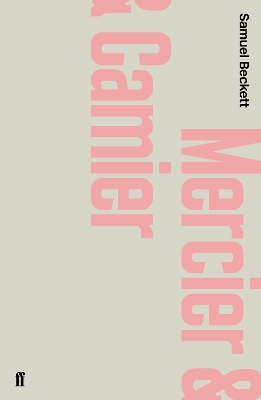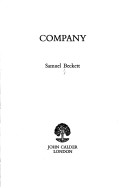Picador Books
7 total works
Murphy, Samuel Beckett's first novel, was published in 1938. Its work-shy eponymous hero, adrift in London, realises that desire can never be satisfied and withdraws from life, in search of stupor. Murphy's lovestruck fiancee Celia tries with tragic pathos to draw him back, but her attempts are doomed to failure. Murphy's friends and familiars are simulacra of Murphy, fragmented and incomplete. But Beckett's achievement lies in the brilliantly original language used to communicate this vision of isolation and misunderstanding. The combination of particularity and absurdity gives Murphy's world its painful definition, but the sheer comic energy of Beckett's prose releases characters and readers alike into exuberance.
Belacqua is a student, a philanderer, and a failure, and Beckett portrays the various aspects of his troubled existence: he studies Dante, attempts an ill-fated courtship, witnesses grotesque incidents in the streets of Dublin, attends vapid parties, endures his marriage, and meets his accidental death. These early stories point to the qualities of precision, restraint, satire, and poetry found in Beckett's mature works, and reveal the beginning stages of Beckett's underlying theme of bewilderment in the face of suffering.
Watt tells the tale of Mr Knott's servant and his attempts to get to know his master. Watt's mistake is to derive the essence of his master from the accidentals of his being, and his painstakingly logical attempts to 'know' ultimately consign him to the asylum. Itself a critique of error, Watt has previously appeared in editions that are littered with mistakes, both major and minor. The new Faber edition offers for the first time a corrected text based on a scholarly appraisal of the manuscripts and textual history.
Then I went back into the house and wrote, It is midnight. The rain is beating on the windows. It was not midnight. It was not raining.
Edited by Shane Weller
Written over three months in 1946, Mercier and Camier was Beckett's first post-war work, and his first novel in French. He came to regard it as a practice piece, and set it aside to write his trilogy. Mercier et Camier was finally published in 1970, and in Beckett's English translation four years later.
The eponymous heroes tramp around a city, then out of it, then back again. They are aimless, but there is something elusive that they should be doing. They arrange meetings, they drink, they argue, they discuss being shot of each other. They are preoccupied by the weather, by provisions, by a raincoat, by an umbrella, by a bicycle...
'All of these ingredients in the later work are accompanied here, fleetingly, by those things in Beckett that we know but cannot really name, those things that occupy so much of the trilogy. Intangible things, traps in the mind, that voice we hear, the stop-start understanding, the ongoing bewilderment, the fear.' (Keith Ridgeway).
George, said Camier, five sandwiches, four wrapped and one on the side. You see, he said, turning graciously to Mr Conaire, I think of everything. For the one I eat here will give me the strength to get back with the four others. Sophistry, said Mr Conaire. You set off with your five, wrapped, feel faint, open up, take one out, eat, recuperate, push on with the others. For all response, Camier began to eat. You'll spoil him, said Mr Conaire. Yesterday cakes, today sandwiches, tomorrow crusts and Thursday stones. Mustard, said Camier.
